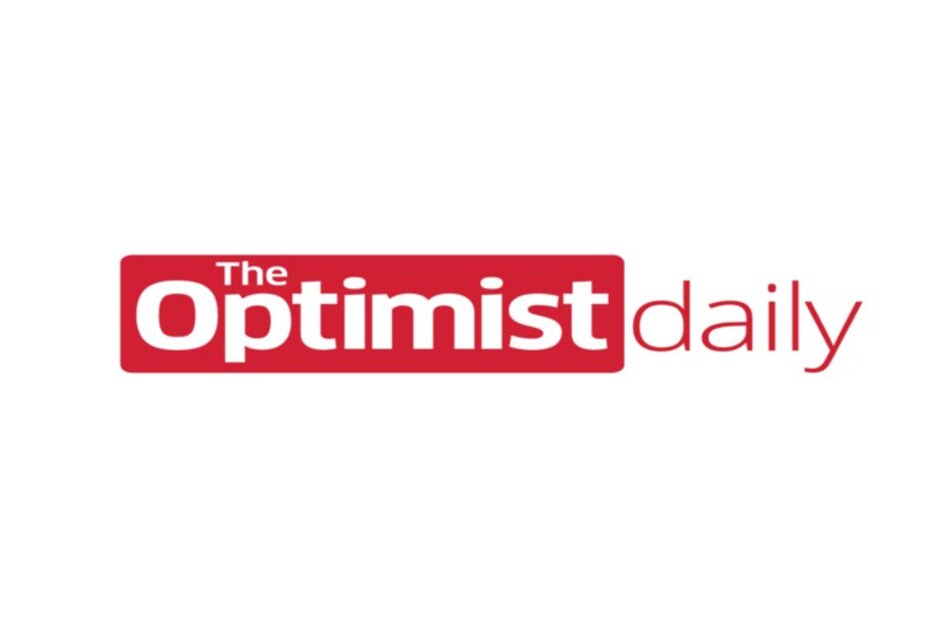For the past decade, a charity called GiveDirectly has been sending direct cash transfers to people suffering from poverty around the world, particularly in Africa. The idea behind GiveDirectly is that direct cash transfers can make a far greater impact than government aid programs for poor individuals by providing the agency to decide for themselves how to best improve their lives. As GiveDirectly puts it, cash enables choice.
Recently, GiveDirectly teamed up with UC Berkeley to design an algorithm that uses artificial intelligence (AI) to identify the poorest individuals in the poorest areas in order to provide them with cash relief. The algorithm works in two stages. First, it uses high-resolution satellite imagery to identify the poorest neighborhoods or villages in a region. As Fast Company reports, the tool identifies those areas from hundreds of poverty markers that distinguish poorer from wealthier places, such as roof material, building density, and paved or unpaved roads.
The second stage works by analyzing the mobile phone data of people in that area. The tool can distinguish between richer and poorer folks through clues for more expensive or cheaper usage, like amount of mobile data used or frequency of phone calls. When the poorest individuals are identified, GiveDirectly prompts them to enroll via mobile phone in order to pay them instantly.
Thus far, the project has been launched in the country of Togo where 55 percent of the population lives on less than $1.90 a day. Data shows that the number is closer to 81 percent amongst the rural population, which is why GiveDirectly is focusing its efforts there.
So, how much cash is actually being transferred? In Togo, approximately $5 million will be delivered in total; $15 for women and $13 for men per month. That number was calculated as the figure to cover their “minimum basket of goods” to survive, with 30,000 Togolose having been paid so far.
Five months from now, GiveDirectly will analyze how effective the pilot program in Togo was and will tweak it as necessary. Josh Blumenstock, associate professor at the UC Berkeley School of Information, admits the system is far from perfect as the algorithm might exclude some people through biases. It also excludes people who don’t have a phone at all.
That said, 90 percent of Togo’s rural population has one phone per household, and the GiveDirectly team is tying registration to its program via SIM cards, rather than phones, so that multiple members can purchase a cheap SIM and link to the family phone in order to receive the monthly payment.
Moving forward, the hope is to secure more funds and scale up the project in Togo as well as other countries. GiveDirectly also hopes governments and NGO use the AI-tool in the future as a means of providing economic relief to people during disasters and humanitarian crises.











